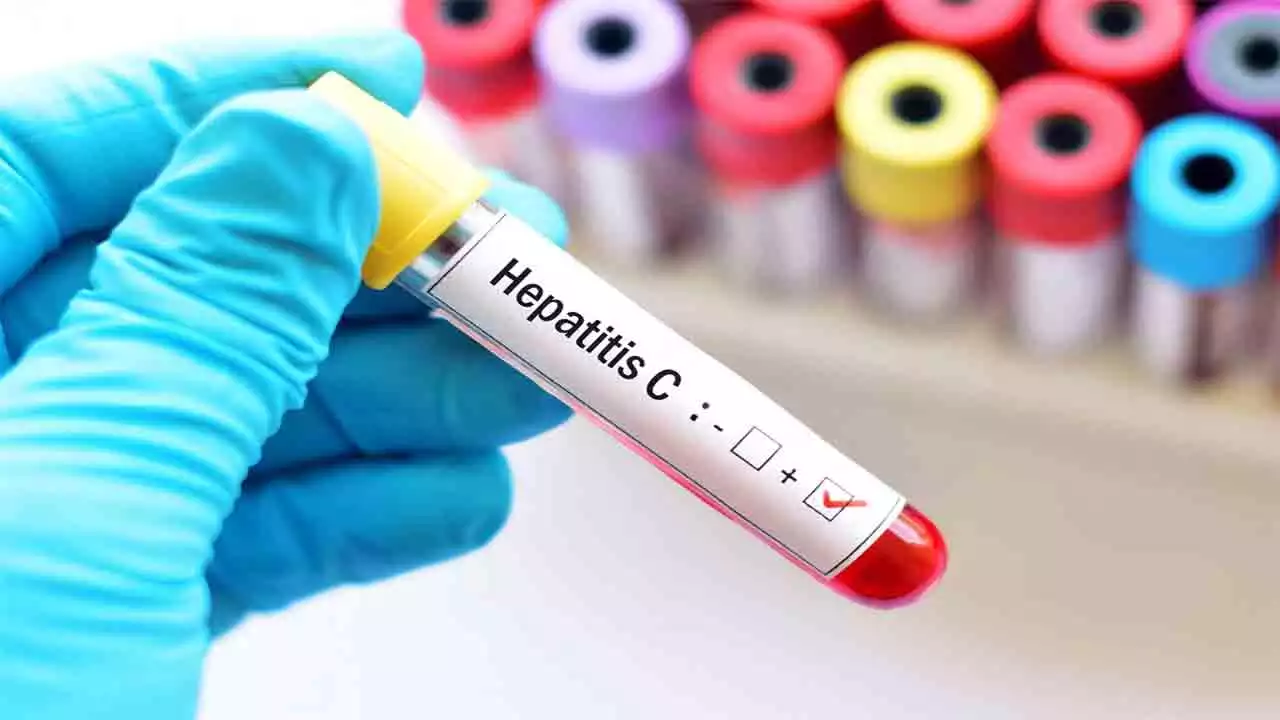In a potential breakthrough, researchers are exploring the use of a blood test to determine the biological age of organs, offering a proactive approach to treatment before the onset of illness.
This innovative method has the potential to be a game-changer, allowing for preemptive strategies and early interventions. It may also play a crucial role in predicting the progression of conditions such as Alzheimer’s disease, providing valuable insights for more effective healthcare interventions.
A study led by investigators from Stanford Medicine, involving 5,678 participants, revealed that organs age at different rates. When an organ’s age significantly outpaces its counterparts in individuals of the same age group, it indicates an elevated risk for diseases associated with that organ and an increased risk of mortality.
The study found that approximately 1 in 5 reasonably healthy adults aged 50 or older has at least one organ aging at a significantly accelerated rate compared to their peers.
The potential breakthrough lies in the prospect of a simple blood test that can identify organs undergoing accelerated aging. This early detection could pave the way for timely therapeutic interventions long before clinical symptoms emerge.
Tony Wyss-Coray, PhD, the senior author of the study and a professor of neurology, emphasized the significance of estimating the biological age of organs in apparently healthy individuals. He stated, “That, in turn, predicts a person’s risk for disease related to that organ.”
This research represents a promising avenue for transforming healthcare by enabling personalized and proactive approaches to address aging-related diseases and improve overall health outcomes.



